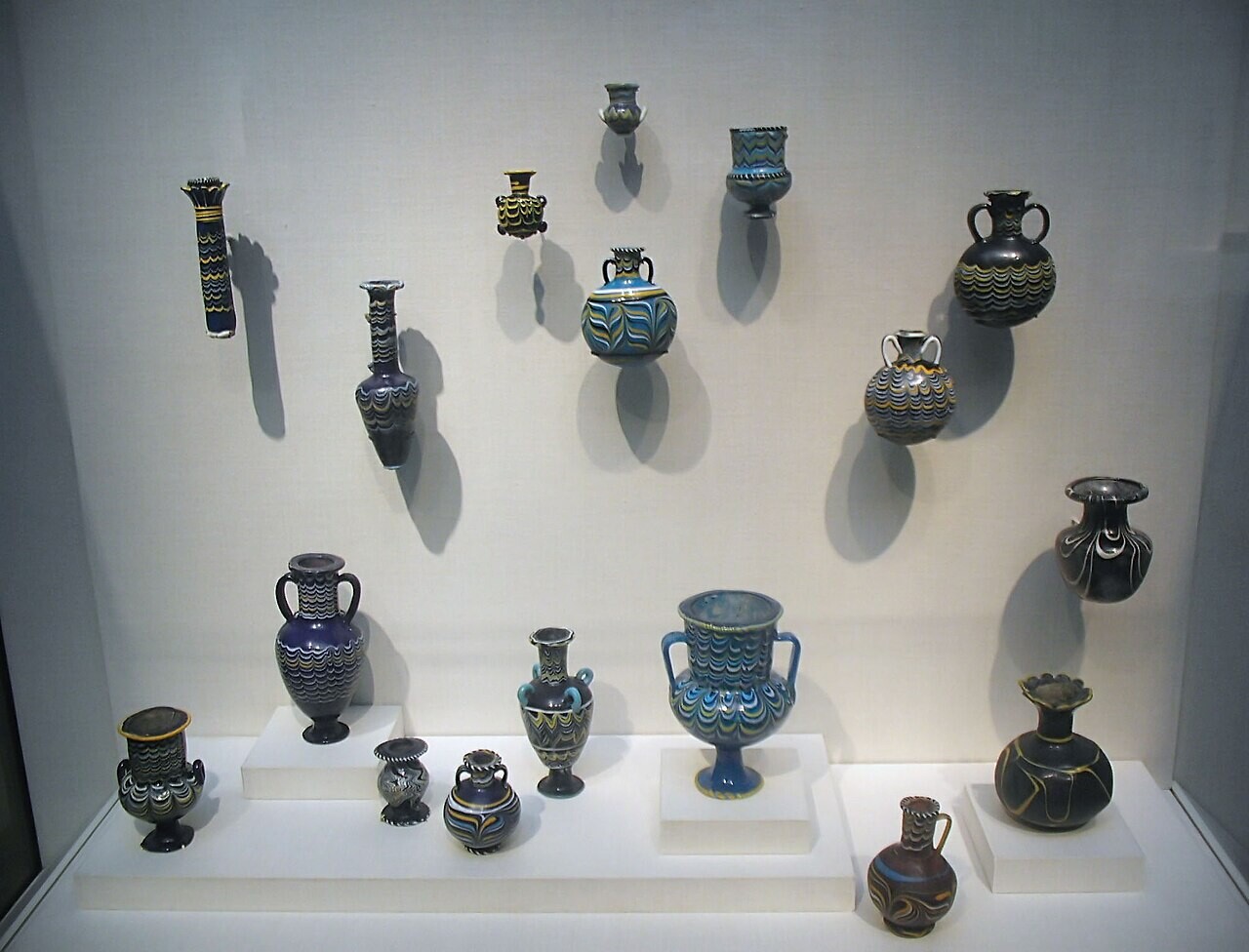Here’s How Bad We’ve Smelled Throughout History

There are so many dangers associated with time travel — from being immediately burned as a witch to evaporating the very thread of time — that one usually slips by unnoticed: the scent. By all accounts, the past didn't smell very good. It’s unsurprising, given the methods of disposal (or lack thereof) used for human and animal waste, as well as all sorts of other malodorous slop.
Even now, some places, it’s unavoidable. Farms smell a lot better when you’re watching the cute animals through an Instagram video. I live in New York City, where due to the density of the population re: available bathrooms and an avid drinking culture, I smell the sharp tinge of piss more days than not. One area of scent we do control, however, is our own.
Don't Miss
Which made me wonder, when did we start figuring out how to at least make our own bodies smell like they’re not doing all the stuff they’re doing? There was no hope for the smell of a Victorian gutter, but when did we figure that at least our social gatherings didn’t have to smell the same?

The immediate, obvious and recommended solution these days is deodorant. What about before its introduction? Was the best defense against B.O. an apologetic shrug? Or did people simply not care what they smelled like? The answer to both of those questions, with some exceptions (looking at you, Middle Ages Europe) was no.
It turns out, as much as we’d like to paint personal stink as a modern insecurity, the desire not to smell like a kicked chamber pot goes all the way back to the Ancient Egyptians, who, to their credit, also prioritized and invented a surprisingly advanced sewer system. Their own stink, sadly, couldn’t be routed away through pipes, so they instead went on the offensive with baths and perfume.
They would bathe frequently, in a bath that was itself perfumed. When not soaking, they’d slather perfume on themselves, especially the underarms, which was clearly a problem area from the beginning. They even placed perfumed wax on their heads that would melt throughout the hot day, turning themselves into a sort of walking, talking Yankee Candle.

Greeks and Romans followed suit, showing good evidence that the smell of body odor has never, regardless of year, gone unnoticed. Romans would soak their clothes in perfume as well, and even apply it to their horses, which is truly an uphill battle against stink. Churches, with their reputation as a gathering place for the unwashed masses, had their own solution in incense.
If you’ve ever been in a low-rated Uber, though, you’ll know that good smells and bad smells don’t cancel each other out, but rather mate and create an unholy chimera that feels like it’s actively twisting your brainstem. When you spray horseshit perfume, it smells like perfumed horseshit. Like that horse just finished off a fresh saddlebag of jasmine before decorating the stable floor like a hooved Jackson Pollock.
Like a selfless, fragrant little Frodo, willing to travel directly into the stinky metaphorical Mount Doom, we needed the services of deodorant and antiperspirant. The first arrivals of both weren’t met with welcoming arms, as much as you’d think they sell themselves. The first deodorant, Mum, debuted in 1888, and the first antiperspirant, Everdry, came along in 1903. Neither caught on.
The problem? At the time, this was scary science. Covering up smells was one thing, but stopping them entirely? Clearly that was unhealthy. I guess they considered it the human equivalent of corking a car’s exhaust to prevent that stinky gasoline smell.
So what finally convinced them? An absolutely miserably sweaty World’s Fair in Atlantic City in 1912.

A high-school student named Edna Murphey was there with a new product that she’d called Odorono. It had been developed by her father, not to combat stink but to keep his hands from sweating during his work as a surgeon. Edna had dabbed it on her own armpits, because if there’s one person worried enough about their body being weird to risk injury, it's a high-school student. It worked.
She thought other people might also like to stop being constantly slimy, so she brought it to the World’s Fair, and at first, she was wrong. Then, the World’s Fair continued. People spent the whole summer in Atlantic City, which even now isn’t a recipe for smelling nice. Seeking relief, they decided to give Odorono a shot, and it performed as prescribed.
Once the barrier was broken and people saw that no one was dying of Trapped Smell Disease, it was just a matter of marketing and patience for Odorono and other brands to become a daily ritual for all of us. There’s an entire conversation, of course, about how advertising has convinced humans that they smell awful, but in my opinion, it was always an easy sell because of one simple truth: we did.
I don’t know what the hell “Cool Rush” is supposed to smell like, but I much prefer it to “Mine Sweat.”